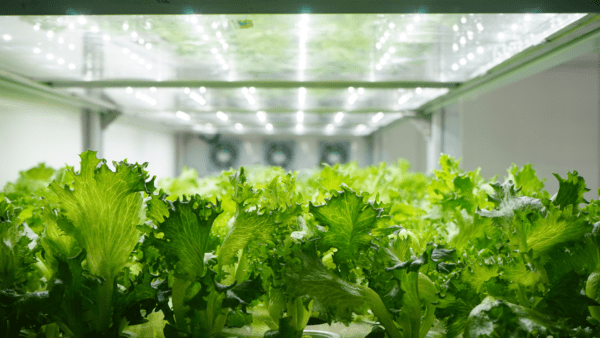
The Agriculture, Food, and Natural Resources career field encompasses a wide range of professions and opportunities related to the production, processing, and distribution of food, as well as the sustainable management of natural resources. This field plays a vital role in ensuring a stable food supply, environmental conservation, and economic development.
Check out our related interviews:
Education
Varies widely, but generally, many positions require a high school diploma or equivalent for entry-level roles, while more specialized or advanced positions often demand a bachelor’s or master’s degree in fields such as agriculture, environmental science, food science, or related disciplines. In some cases, specific certifications and training may also be necessary, depending on the specific role within the field.
To Consider
- Ongoing professional development and continuing education are essential, as this field is constantly evolving.
- Networking and gaining practical experience through internships or entry-level positions can be invaluable in building a successful career in these fields.
Examples of Professional Areas (non-exhaustive)
Examples of Professions (non-exhaustive)
Common soft skills (non-exhaustive)
Working in the Agriculture, Food, and Natural Resources field requires not only technical knowledge but also a range of soft skills to succeed in various roles. Here are some common soft skills that are highly valued in this field (this list is non-exhaustive; note that all skills are not necessarily needed).
Adaptability: The agricultural and environmental landscape can change rapidly due to factors like climate, regulations, and market trends. Being adaptable helps professionals adjust to new circumstances and technologies.
Attention to Detail: Precision is crucial in areas like food safety, environmental monitoring, and quality control. Professionals must pay close attention to details to avoid mistakes and ensure compliance with regulations.
Communication: Effective communication is crucial for conveying information, collaborating with team members, and explaining complex agricultural or environmental concepts to non-experts.
Crisis Management: Being prepared for unexpected events, such as natural disasters or disease outbreaks, is crucial. Crisis management skills help mitigate potential damage and recover effectively.
Critical Thinking: Critical thinking involves analyzing information and making informed decisions. It’s valuable for assessing risks, developing strategies, and optimizing agricultural practices.
Cultural Sensitivity: Agriculture and natural resource management can be diverse and global fields. Cultural sensitivity is valuable for working with people from various backgrounds and respecting their traditions and knowledge.
Customer Service: In positions related to food production and sales, strong customer service skills are essential for building and maintaining positive relationships with clients and consumers.
Data Analysis: Proficiency in data analysis tools and software is crucial for roles involving research, environmental monitoring, and quality control.
Empathy: Understanding the needs and concerns of farmers, communities, and environmental stakeholders is vital for those involved in resource management and conservation efforts.
Entrepreneurial Spirit: For those interested in agricultural business and entrepreneurship, having an entrepreneurial mindset can be an asset for identifying opportunities and taking calculated risks.
Environmental Awareness: A strong sense of environmental responsibility and a commitment to sustainability are increasingly important in this field as the world faces environmental challenges.
Ethical Responsibility: Professionals in this field often face ethical dilemmas related to resource use, environmental impact, and food safety. Maintaining a strong ethical compass is important.
Innovation: Embracing innovative technologies and sustainable practices is essential for keeping up with evolving industry trends and improving efficiency.
Leadership: Some roles involve supervising teams or managing agricultural operations. Leadership skills help professionals guide others and make strategic decisions.
Negotiation: Negotiation skills come into play when dealing with suppliers, buyers, or regulatory agencies. Professionals must negotiate terms, prices, and compliance agreements effectively.
Patience: Agriculture and environmental improvements often take time. Patience is necessary for waiting for crops to grow, ecosystems to recover, or regulations to change.
Problem-Solving: Professionals in this field often encounter challenges related to weather, pests, and resource management. Problem-solving skills are essential for finding solutions to these issues.
Stress Management: The agriculture field can be physically and emotionally demanding, particularly during challenging growing seasons. Managing stress is essential for maintaining well-being and productivity.
Teamwork: Agriculture and natural resources often require collaboration with diverse teams, from farm crews to research groups. Teamwork skills facilitate productive working relationships and problem-solving.
Time Management: Many roles in this field involve seasonal or time-sensitive tasks. Effective time management ensures that important activities are completed on schedule.








